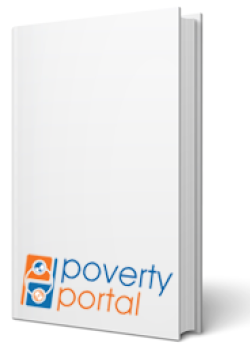Economic Liberalisation Policies in Sri Lanka
International Pressures, Constraints and Supports
Author : Herring, R.J.
Publisher: Economic and Political Weekly
Year: 1987
Acc. No: 340-S
Category: Soft Documents
Type of Resource: Economic policy, Mahaweli project, Liberalisation, Trade, Economy of Sri Lanka, Gross domestic products
ISBN: English
Sri Lanka's development experience was long cited as evidence for the connection between 'premature welfarism' and retarded growth. Since the introduction of a liberalisation regime in 1977, initially high growth rates pro-mpted discussion of the nation as an 'IMF success' or vindication of the 'Singapore model' of an open economy divorced from extensive state intervention both internally and at the internal-external boundary. This article argues that the pre-1977 configuration defined a dependent welfare state which made significant progress in mediating between aggregate national poverty and individual well-being; that stagnation has been over-emphasised in critiques of the dependent welfare state; and that poor economic performance has been more a function of the dependency situation&t han of spending priorities internally. Ironically, the liberalisation regime has increased dependency along some dimensions; its domestic economic performance is analytically inseparable from the extraordinary financial flows extended by important international powers. The evolution of the dependent welfare state under a philosophically laissez-faire regime reflects in form the interaction of external carrots, sticks and exogenous shocks with domestic political limits to further reduction of the social wage and internal pressures of patronage and ordinary politics. The analysis treats primarily the period prior to disruptions of the economy caused by escalation of civil disorders.

